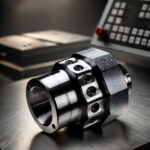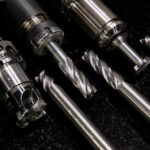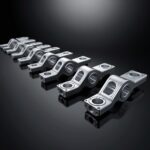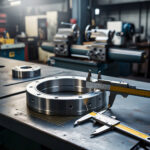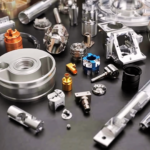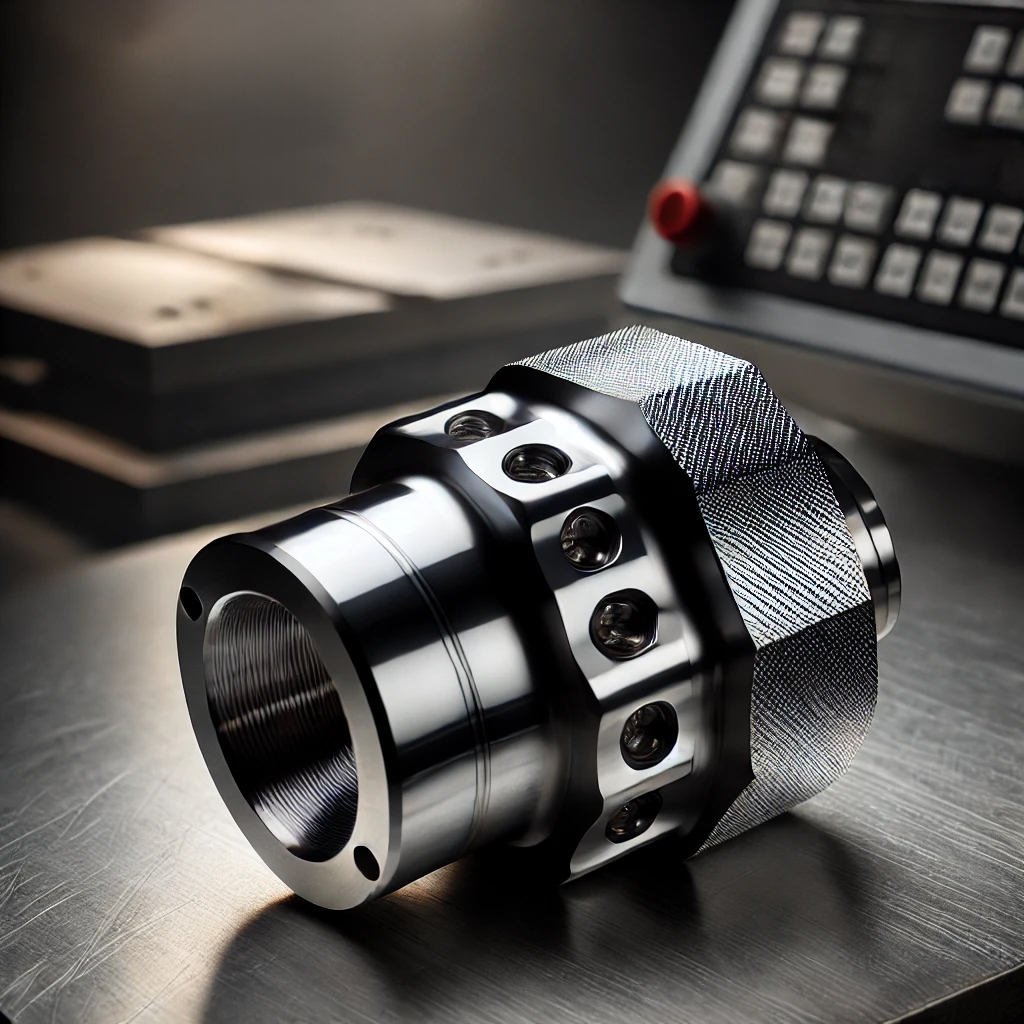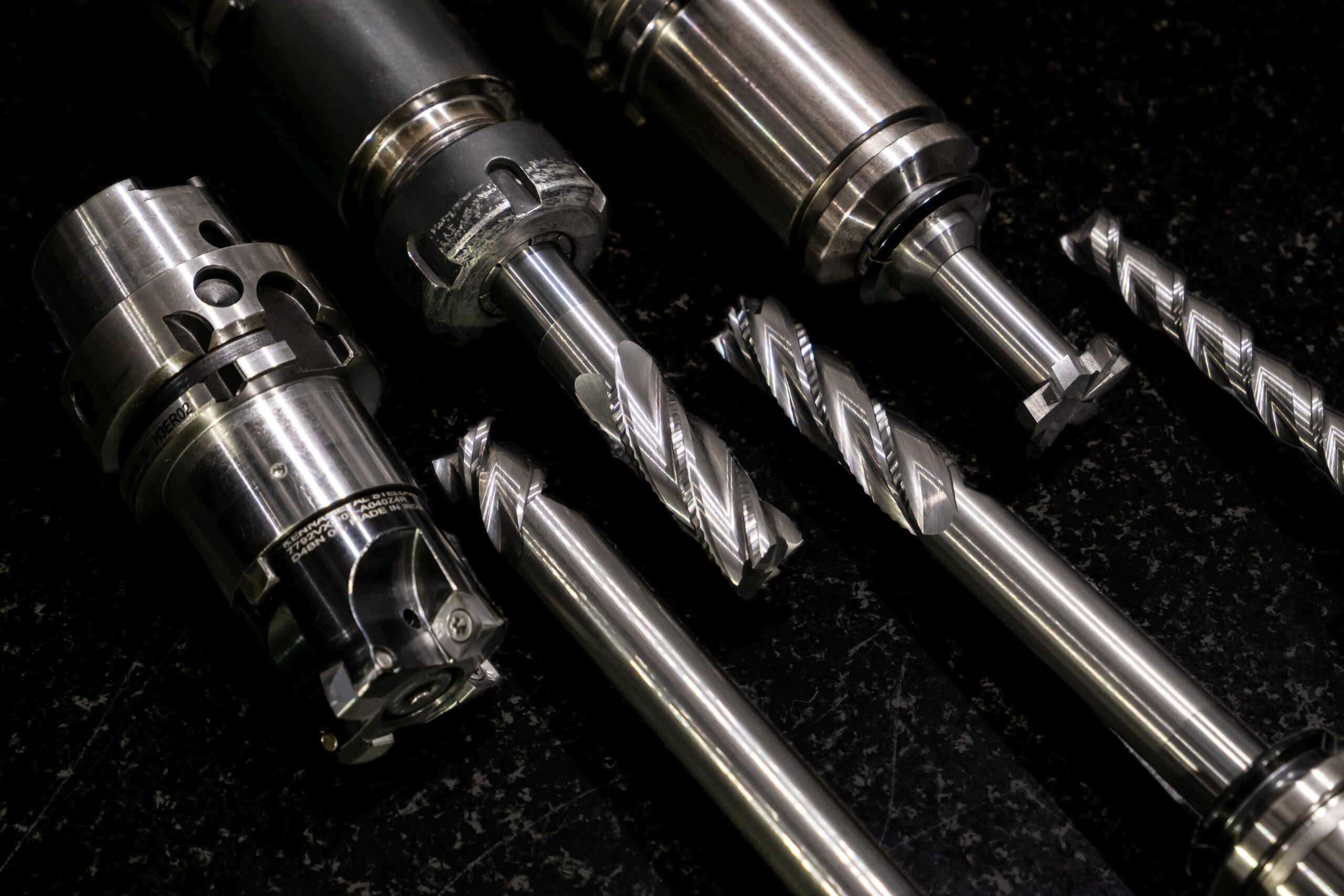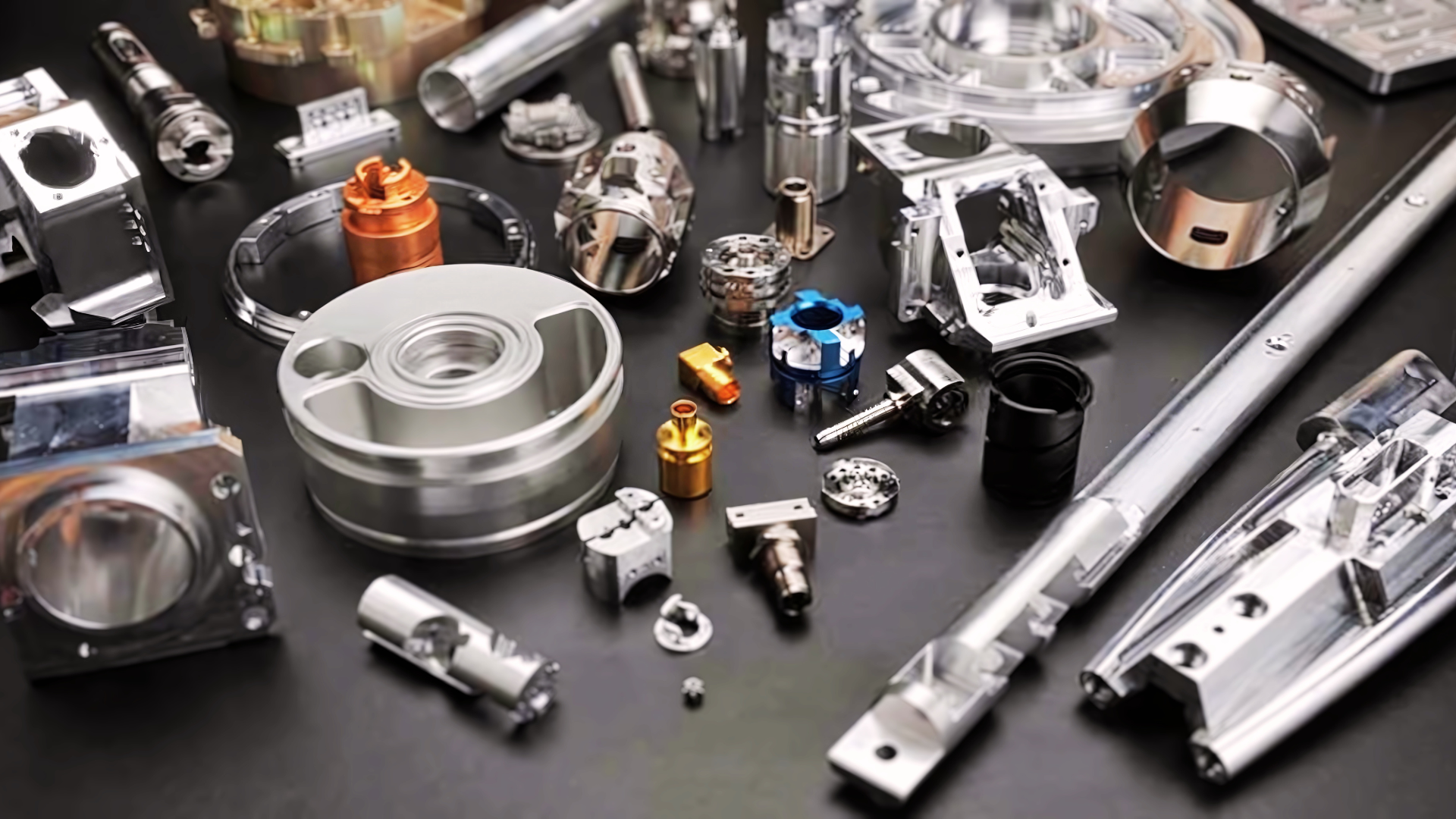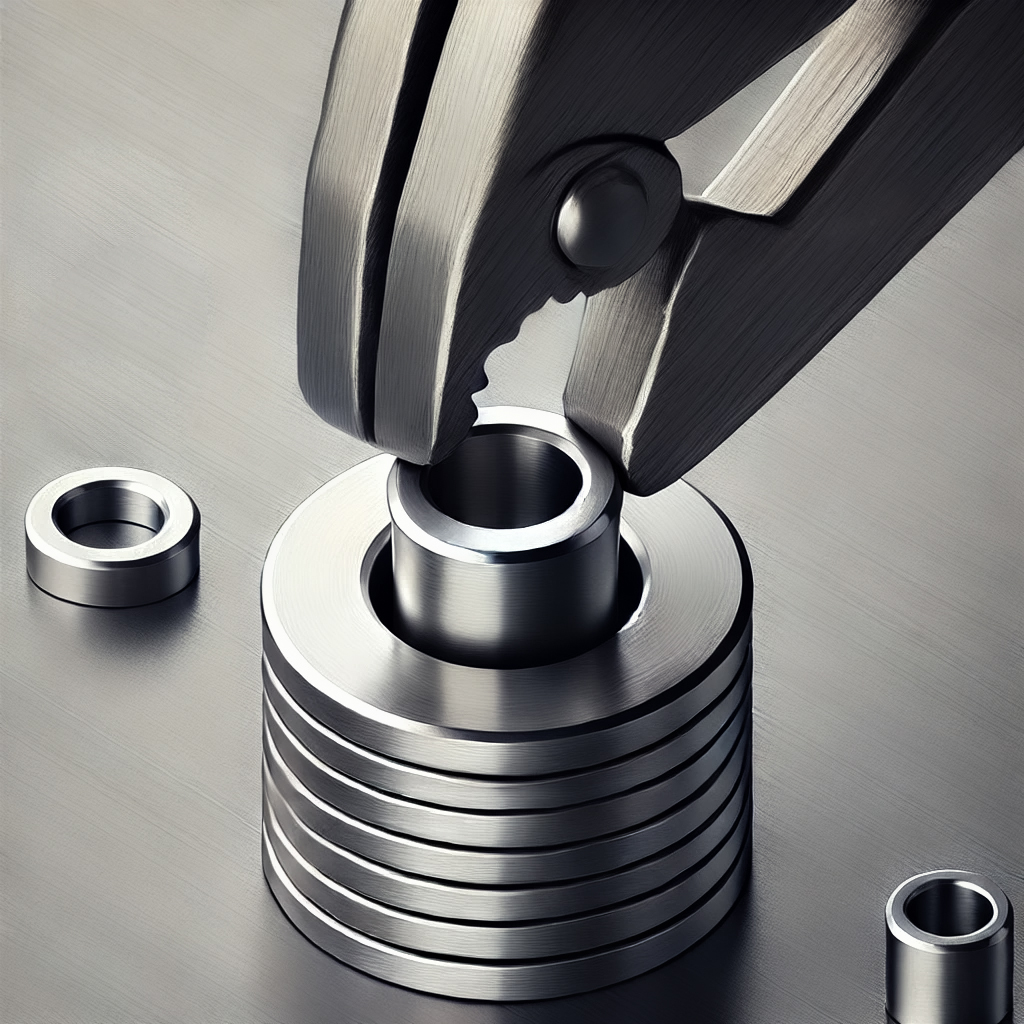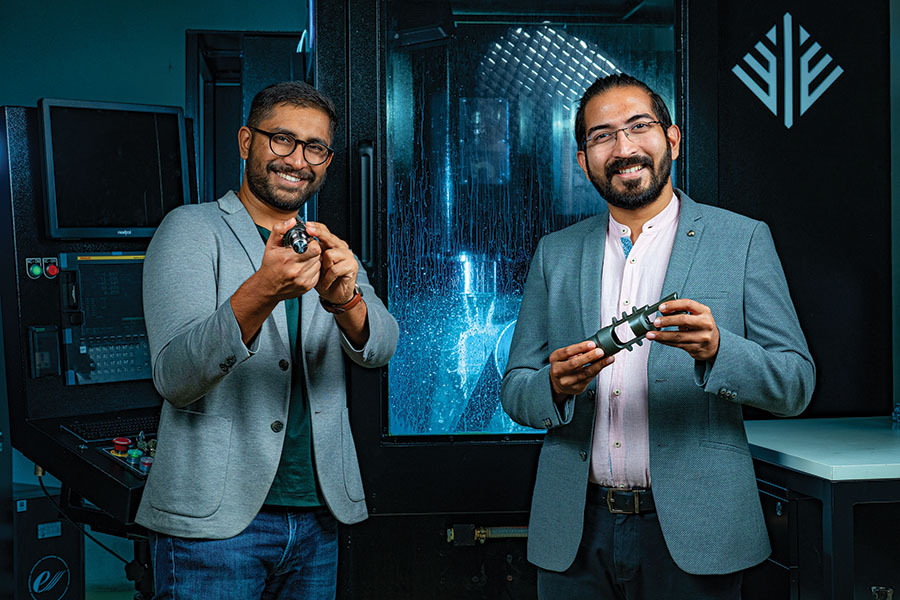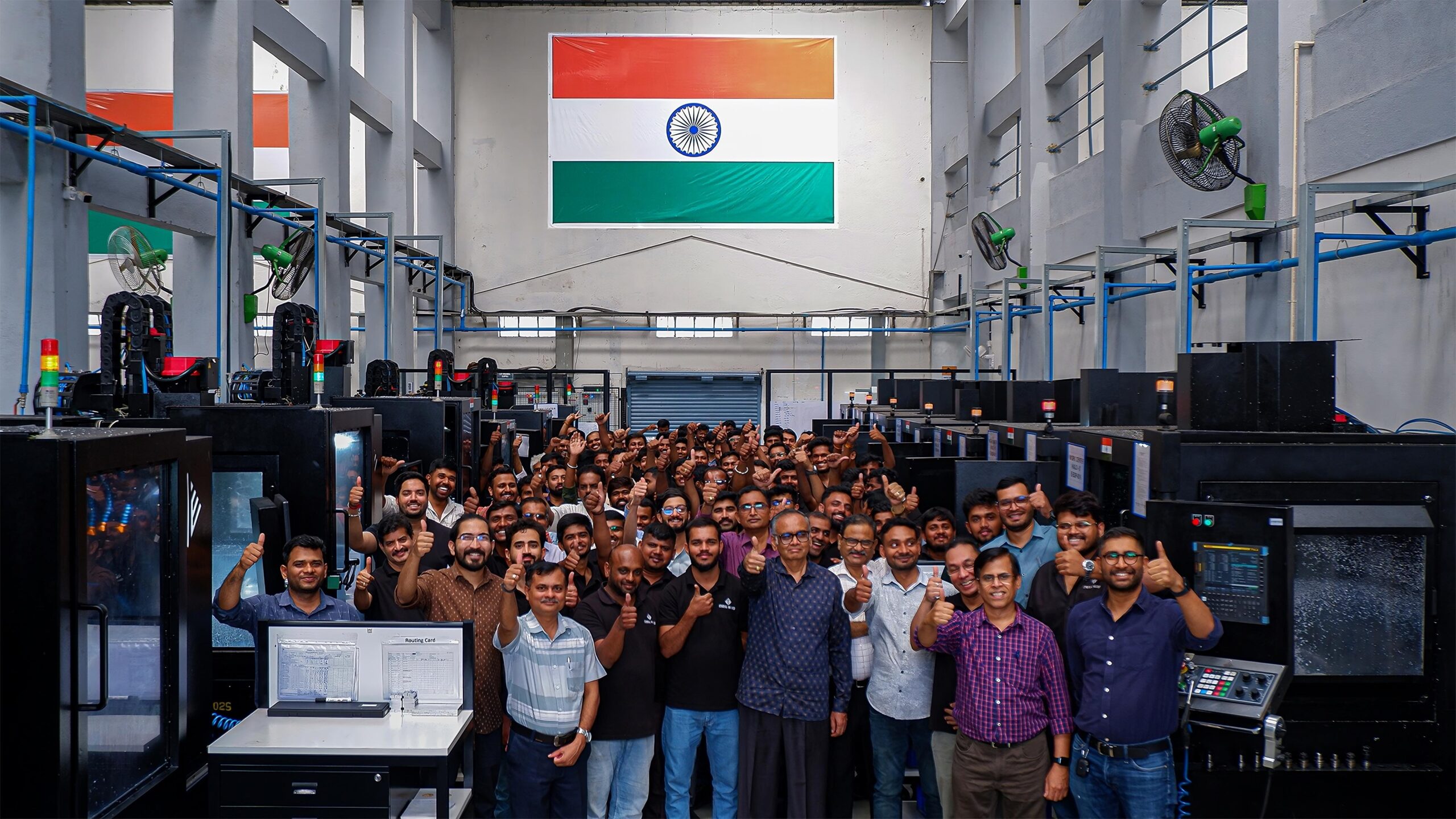CNC Machining for Low-Volume, High-Mix Production
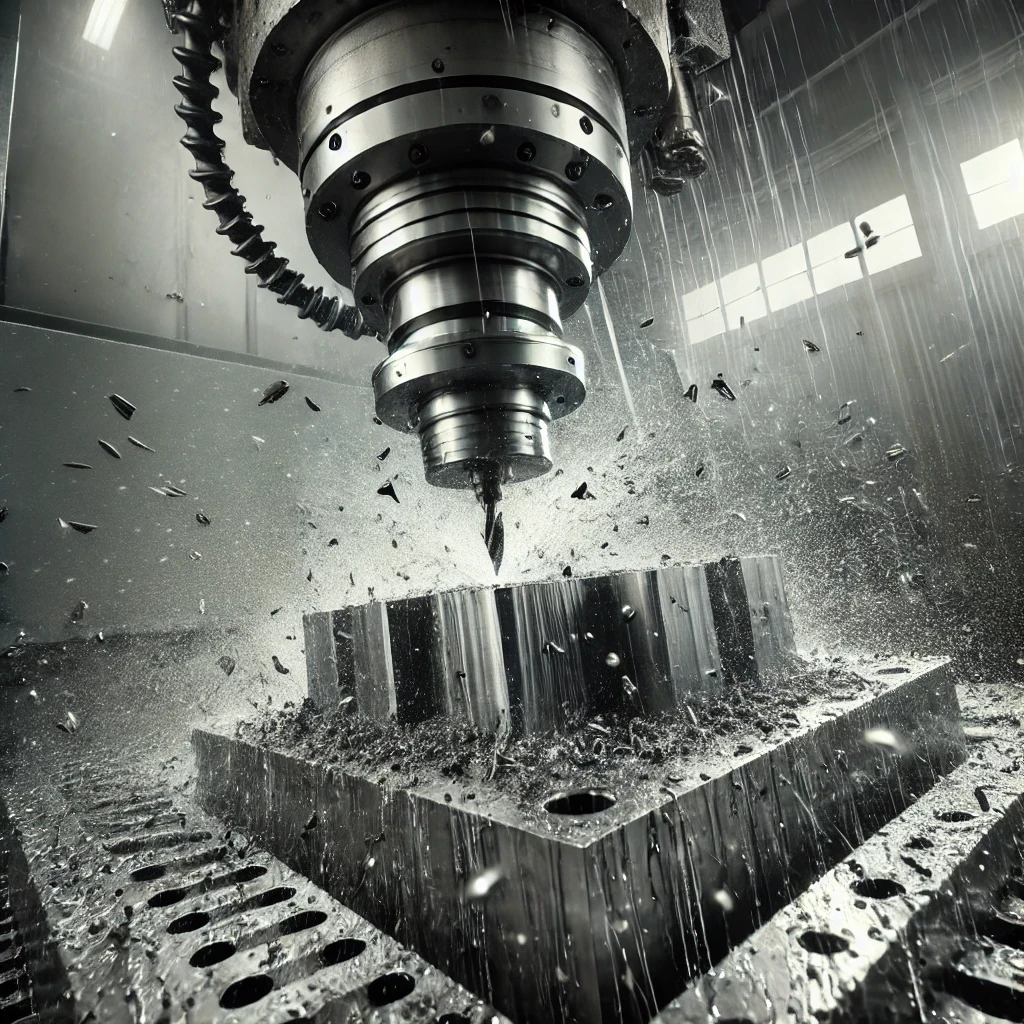
CNC machining has evolved significantly from its origins in mass production to meet the growing for customization across various industries. In sectors like aerospace, automotive, consumer electronics, and medical devices, the ability to produce high-quality, low-volume, and diverse products efficiently has become a critical competitive advantage. This blog delves into advanced strategies for optimizing CNC machining in low-volume, high-mix production environments, offering practical insights to enhance precision, efficiency, and flexibility.
The Role of Spindle Speed and Feed Rate
Spindle speed and feed rate are crucial parameters that significantly influence the machining process, particularly in environments where different materials and part geometries are common.
- Spindle Speed: This controls the rotational speed of the cutting tool. Higher spindle speeds are typically used for softer materials to achieve finer surface finishes, while lower speeds are more suitable for harder materials to prevent tool wear and extend tool life.
- Feed Rate: This determines the speed at which the material is fed into the cutting tool. The right feed rate balances cutting efficiency with tool longevity. For softer materials, a higher feed rate may be appropriate, but for tougher materials, a slower feed rate ensures precision and avoids tool damage.
Advanced Techniques Involved in CNC Machining:
High-Speed Machining (HSM): This technique uses higher spindle speeds and lower feed rates to achieve fine finishes and precision, especially effective for materials like aluminum alloys.
Adaptive Control: This approach involves real-time monitoring of cutting forces and temperatures, allowing for dynamic adjustments to spindle speeds and feed rates, ensuring optimal cutting conditions and extending tool life.
Modular Tooling Systems:
Modular tooling systems play a pivotal role in optimizing CNC operations, particularly in low-volume, high-mix environments. These systems allow for rapid tool changes, which are essential when transitioning between different jobs with minimal downtime.
- Quick-Change Tool Holders:
These allow operators to swap tools in seconds, significantly reducing setup times and enhancing overall production efficiency. - Modular Fixturing Systems:
Modular fixturing systems offer versatility in clamping and positioning, allowing for quick reconfiguration to accommodate different part geometries. This flexibility is crucial in environments where the production of a variety of parts is frequent. - Tool Presetters:
Tool presetters enable the measurement and setting of tools outside of the machine, reducing spindle downtime and ensuring accurate tool positioning for consistent quality.
Benefits of Modular Tooling:
- Reduced Setup Time: Rapid tool changes and reconfigurable fixtures minimize downtime between different production runs.
- Enhanced Flexibility: The ability to adapt quickly to different parts and materials makes modular systems ideal for high-mix environments.
- Consistency and Precision: Preset tools ensure that each tool is correctly positioned, maintaining high-quality standards across different jobs.
Strategic Approaches to Maximizing Efficiency
Just-In-Time (JIT) Manufacturing in CNC
Just-In-Time (JIT) manufacturing is a strategy that aligns production schedules closely with demand, minimizing inventory costs and reducing waste. In a CNC environment, particularly in low-volume, high-mix production, JIT is crucial for maintaining efficiency and responsiveness.
Key Considerations for JIT Implementation:
- Real-Time Demand Forecasting: Implementing advanced planning systems that allow for real-time adjustments to production schedules based on actual demand.
- Lean Inventory Management: Utilizing techniques that ensure materials and parts are only ordered and produced as needed, thereby reducing storage requirements and waste.
Challenges and Solutions:
- Supply Chain Variability: Inconsistent supply chains can disrupt JIT operations. Developing strong relationships with multiple suppliers and implementing contingency plans can mitigate these risks.
- Setup Time Management: Frequent changeovers in a high-mix environment require efficient setup processes. Techniques like SMED (Single-Minute Exchange of Dies) can help reduce changeover times, making JIT more feasible.
For effective JIT manufacturing in CNC operations, focus on real-time demand forecasting, lean inventory practices, and minimizing setup times to ensure that production aligns perfectly with customer demand, without excess inventory.
Agile Manufacturing and Real-Time Adaptation
Agile manufacturing in CNC involves quickly adapting to changes in product designs and customer demands, making it essential for environments with high product variability.
Key Techniques:
- Real-Time Monitoring: Implementing systems that allow for continuous monitoring of machine health, production rates, and other critical factors, enabling immediate adjustments.
- Flexible Manufacturing Cells: Creating manufacturing cells that can be quickly reconfigured for different tasks without extensive retooling, ensuring rapid response to changing production needs.
Advanced Tools:
- Digital Twins: Using virtual replicas of the production process to simulate changes before implementing them on the shop floor, reducing the risk of errors and optimizing the process.
- Automated Tool Path Optimization: Advanced CAM software can automatically adjust tool paths based on real-time data, optimizing both speed and precision.
To achieve agile manufacturing in CNC, integrate real-time monitoring and flexible manufacturing cells with advanced software tools that allow for rapid adaptation to changing production demands.
Practical Guide to Setup Optimization and Troubleshooting
Step by Step Setup Process
A smooth setup is key to keeping CNC operations efficient. Here’s how to streamline the process:
Organize Tools: Keep tools near the machine in a logical order using labeled racks or carts for quick access.
Preset Tools: Prepare tools outside the machine using tool presetters to reduce downtime.
Modular Fixturing: Use modular fixturing systems for easy adjustments and faster setup across different jobs.
Parametric Programming: Use parametric programming to modify CNC code for different part designs without needing to rewrite it. This speeds up job changes.
Lean Setup Techniques (SMED): Separate tasks that can be done while the machine is running from those that need the machine stopped. Use quick-change tooling to reduce setup time.
Troubleshooting
- Tool Wear: Monitor tools for wear and perform regular maintenance to avoid poor finishes and frequent changes.
- Inconsistent Tolerances: Calibrate machines regularly and use thermal compensation to maintain precision during temperature changes.
- Chatter and Vibration: Balance tools and adjust machining parameters to reduce vibration and improve quality.
By simplifying setups and addressing common issues like tool wear, tolerances, and vibration, you can improve efficiency and reduce downtime in your CNC operations.
Conclusion
In the dynamic landscape of low-volume, high-mix production, CNC machining must be both precise and flexible. By optimizing machine capabilities, employing strategic manufacturing practices like JIT and agile production, focusing on data-driven decision-making, and refining setup and troubleshooting processes, manufacturers can achieve significant gains in efficiency and quality.
These advanced strategies not only help meet the diverse demands of modern industries but also position your operation for long-term success.
On-demand CNC Machining Services by Ethereal Machines offers the perfect solution for your CNC machining needs. With secure and confidential processes, you can get an instant quote and access expert advice from their technical team. Whether you need custom CNC machined parts or have a specific project in mind, Ethereal Machines is committed to helping you every step of the way. Try MAAS now and achieve your goals with ease.
Views: 516

